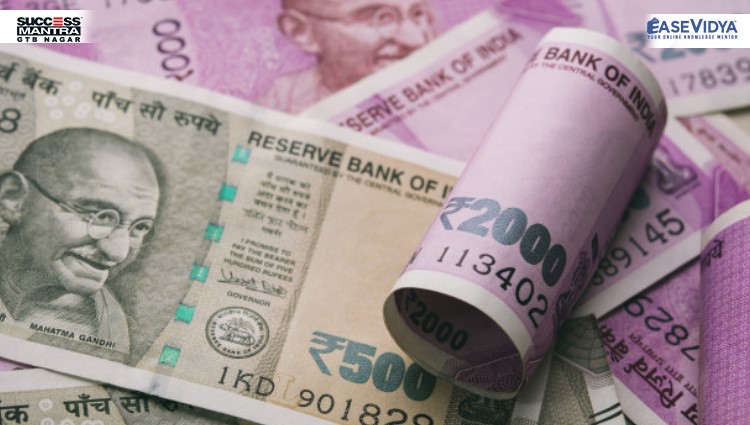
Prevention of Money Laundering Act
Prevention of Money Laundering Act
Controversy over the series of raids and arrests of politicians, their relatives, and activists under Prevention of Money Laundering Act (PMLA) has made the Supreme Court step in and check the misuse of the law.
What’s the issue?
- The frequency and timings of these raids and arrests have raised concerns over the independence of PMLA and its agency, the Enforcement Directorate (ED).
- According to Some activists, PMLA and ED are misused to attack opposition camps with political embarrassment.
Major Allegations:
- The law is being Used for Ordinary Crimes.
- Lack of Transparency and Clarity: The Enforcement Case Information Report (ECIR) – an equivalent of the FIR – is considered an “internal document” and not given to the accused.
What is Money Laundering?
Money laundering is defined as the illegal process of converting money generated through criminal activities, such as drug trafficking or terrorist funding, to appear to have come from a legitimate source. The money from the criminal activity is considered ‘dirty’, and the laundering process makes it look clean.
About the Prevention of Money Laundering Act:
It was enacted as a response to India’s global commitment (including the Vienna Convention) to curb the menace of money laundering.
Objectives of the Act: PMLA was enacted in 2002 and it came into force in 2005, to curb money laundering (process of converting black money into white) and to provide for seizure of property derived from money-laundering.
There are mainly 3 objectives of PMLA:
- To prevent and control money laundering.
- To confiscate and seize the property obtained from the laundered money.
- To deal with any other issue connected with money laundering in India.
Dispute redressal:
- The Adjudicating Authority is appointed by the central government. It decides whether the property attached or seized is involved in money laundering.
- The Adjudicating Authority shall not be bound by the procedure laid down by the Code of Civil Procedure,1908, but shall be guided by the principles of natural justice and subject to the other provisions of PMLA.
Appellate Tribunal: An Appellate Tribunal appointed by the Government is given the power to hear appeals against the orders of the Adjudicating Authority. Orders of the tribunal can be appealed in the appropriate High Court.
Special Court: Provision for establishing special court by the Union government under Prevention of Money Laundering Act, 2002 (PMLA).
PMLA (Amendment) Act, 2012:
- Adds the concept of ‘reporting entity’ which would include a banking company, financial institution, intermediary etc.
- PMLA, 2002 levied a fine up to Rs 5 lakh, but the amendment act has removed this upper limit.
- It has provided for provisional attachment and confiscation of property of any person involved in such activities.
What has the Supreme Court said?
The very concept of the offence of money-laundering in the Prevention of Money Laundering Act (PMLA) is “very wide” and any activity connected with the proceeds of crime is encompassed within the expression of money laundering under the legislation.
What have the petitioners demanded?
Section 3 of PMLA has to be read down to say that mere use and possession of proceeds of crime does not tantamount to money-laundering. There has to be something more and there has to be a projection.












0 Comment